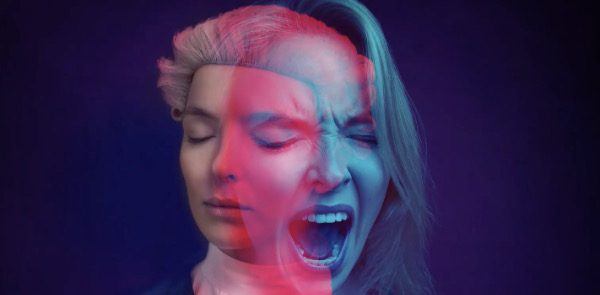Possibly you need to be a certain age and maybe you need to have watched a lot of US television, but if you are and you did, then the words “A very special episode” don’t exactly strike terror, but they do make you look at your watch and consider changing channels.
For a long time, US network television would try to combat whatever criticism it got by having these episodes, which were always pants. It was often about drugs and either a character you’d never heard of turned out to be an addict, or one of the regulars came so close to addiction that it’s remarkable how they never mentioned it again.
Whatever the show was about, whatever the characters were, it was all shunted to one side in order to shout loudly about some topical issue or other. You were never quite sure whether it was the programme makers feeling some responsibility, or the network forcing them to do it, but it was always bad.
So bad that you can hear it in my voice. And always so bad because it wasn’t just US TV, it wasn’t just when an announcer tried to make “A very special episode” sound in any way watchable. It was also any TV show that took on topical issues.
I had become convinced that issues = death to drama. Even though I knew then and appreciate now how “Lou Grant” dealt with issues every week, that show tended to do it so well. You’d come out worrying about the regular or the guest cast, and it didn’t magically fix the lives of either with a homily.
There was this one British medical drama that wanted to highlight some issue or other, so a very famous writer created an episode in which the entire National Health Service was held to ransom by some kid with a USB stick.
It was already patronising in how it assumed we wouldn’t know about its issue, or how we might forget it if we weren’t shown it in some palatable form. I admit I have entirely forgotten what it was, but I won’t forget the way the show reeked of its writer and cast believing its audience was stupid.
That show was 17 years ago if you want to try working out what it was. I definitely would not want to watch it, if I were you. I did that, so you don’t have to.
And if it achieved anything, it was to reinforce my prejudice against dramas where the social or political issue is the reason for its existence.
Only.
I saw Prima Facie last week.
It was the National Theatre Live cinema version of Suzie Miller’s play starring Jodie Comer.
A woman who has become a hugely successful barrister by, in part, defending men in sexual assault cases, is herself assaulted. It’s about rape, about the legal system, about the overwhelmingly impossible slant of the system in favour of men, a slant that must be fixed. As far as issues go, this had one and it was in its spotlight, it was forcefully examined and if the play is nuanced and subtle, there is absolutely not one pixel of a question about its purpose.
It wasn’t a very special episode. But it was a very special piece of theatre.
On the night I saw it, I left speechless. And since then I have been thinking about it a lot, I have also been wondering about my prejudice against issue dramas that are announced as “a very special episode of”.
I think I was wrong.
I think I’ve been wrong about this for my entire adult life.
I think now that the issue dramas I used to see on TV as special episodes were just crap.
